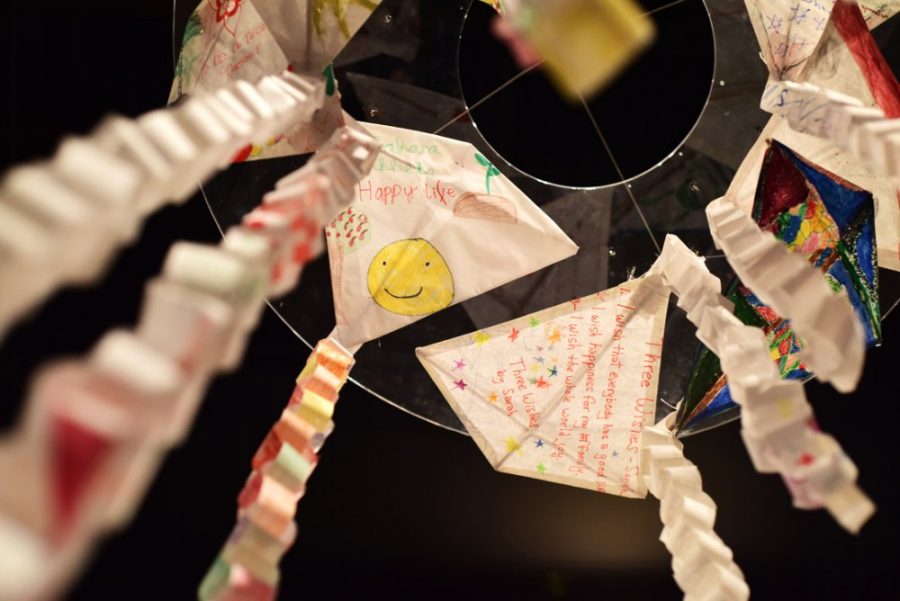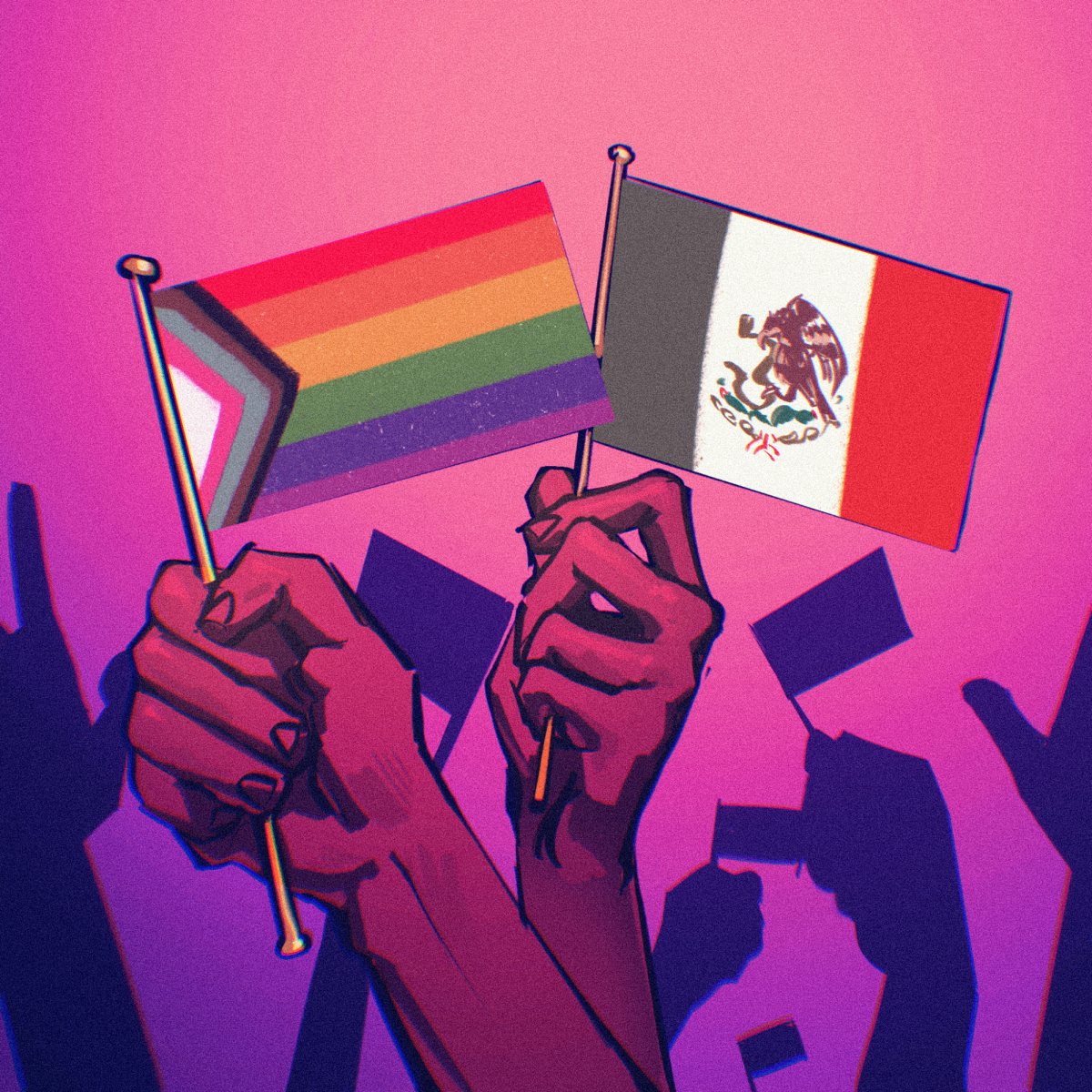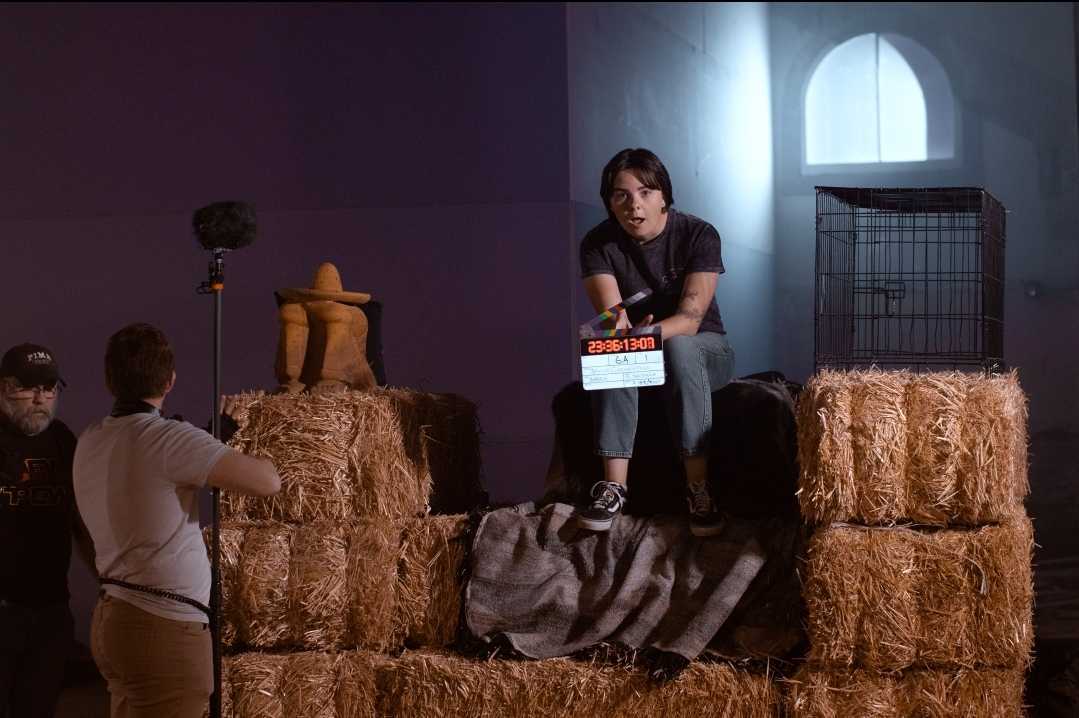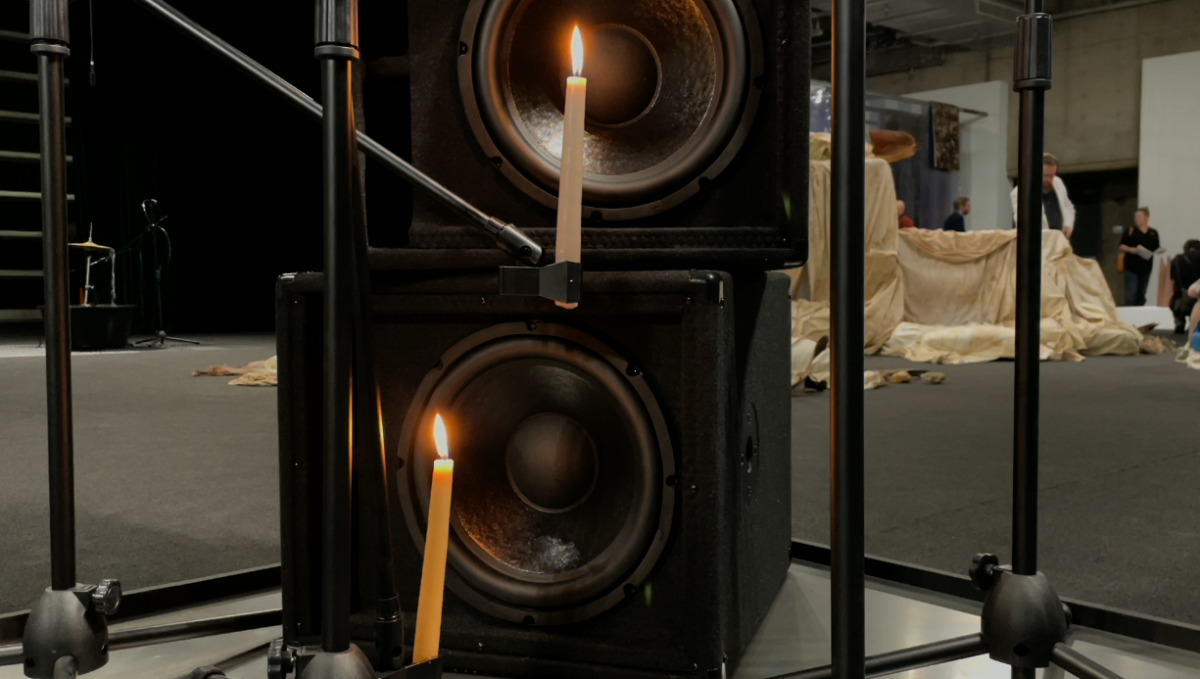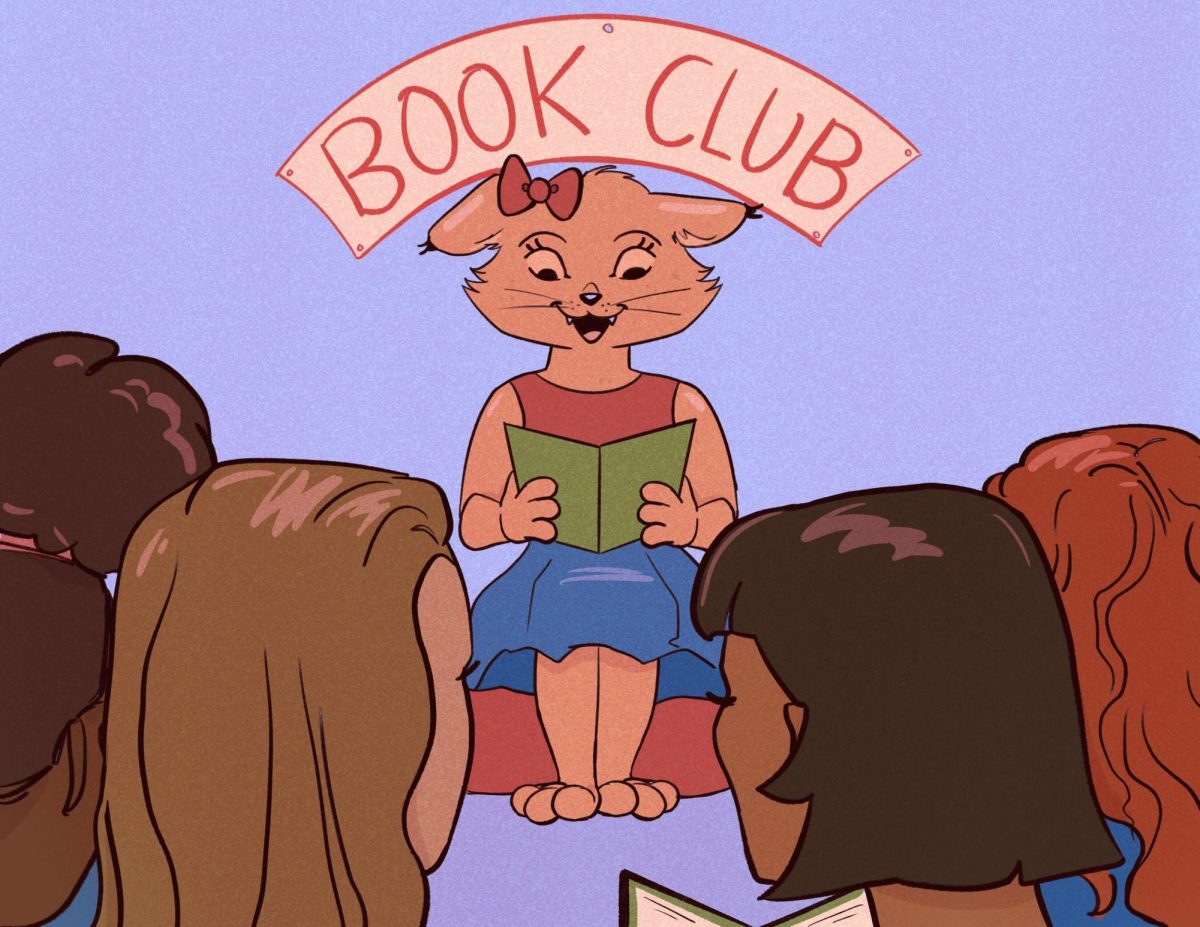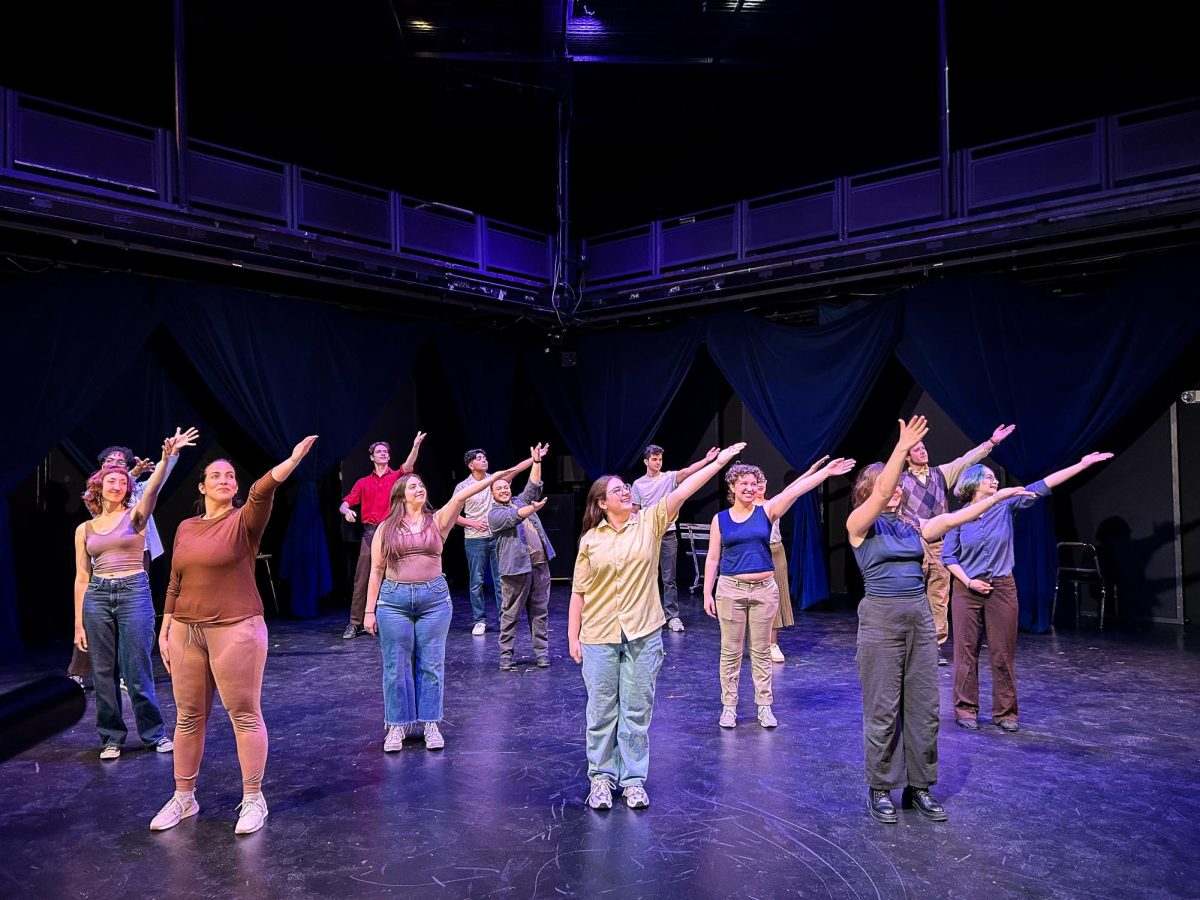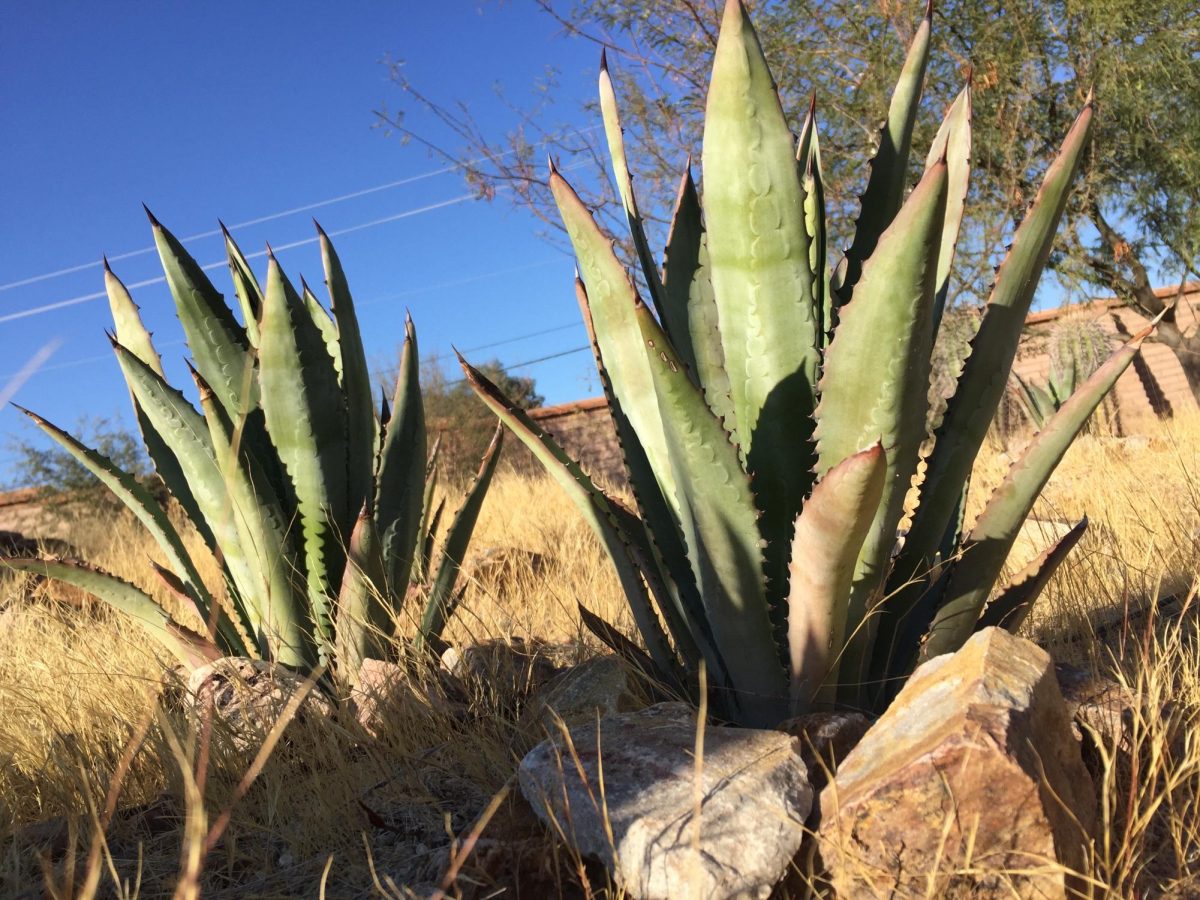Artistic self-portraits, timelines and mementos voice the screaming silence that refugees and asylees express when art is the only language they have.
“Museum as Sanctuary: Perspectives of Resilience” marks the 20th anniversary of The Hopi Foundation’s Owl and Panther Project, hosted by the Tucson Museum of Art. The program highlights the healing powers of art through creative expression.
This is the second exhibit presented at TMA by the Owl and Panther . The first, “Giving Voice to Tucson’s Refugees,” was met with hesitance because it was considered an educational exhibit, noted Morgan Wells, the curator of education at TMA.
“You don’t often think of kids art hanging on the walls,” she said.
Yet the group and the exhibit prevailed, continuing to meet on Tuesday evenings for two hours, fostering their theme of resilience using art.
Program participants are refugees and asylees. Their home countries include Bhutan, Chile, the Democratic Republic of the Congo, Ethiopia, Guatemala, Jordan, Mali, Mexico, Iraq and Nepal.
The program’s mission is to provide a safe haven to help refugees and asylepes heal from their past experiences, to encourage them to share their ideas with their new community and to promote the spirit of helping others.
The Hopi Foundation’s Center for Prevention and Resolution of Violence was the initial program that treated refugees grappling with issues that come with displacement, like losses of community and family.
However, in 1999, Marge Pellegrino, program manager for The Hopi Foundation, took charge of the program and has since developed many partnerships with local organizations to encourage group members to get out into the community and nature to write and create.
The program, described as “dynamic, a place to belong, and long-term,” by Pellegrino, does not pressure individuals or families to graduate from the program unless they feel ready.
Pellegrino also noted that if someone has a bump in the road, they are welcome to come back for a Tuesday art and writing session.
“It gives you a new language to use,” said Marianna Pegno, associate curator of education at TMA.
One such participant was Patty Barceló. Originally from Guatemala City, Guatemala, she is now a member of the advisory committee to help incoming people through their troubles. Barceló’s parents were union organizers in the early ’80s and were identified by the government because of their views. Her father was taken away and tortured for months, she noted.
The night that the soldiers showed up at her home was a night she would never forget.
“No matter how long it’s been, I still remember hiding under the table while the police shot everyone in sight. I go back to that day,” Barceló said.
Her transition was made easier by the Owl and Panther Project. Since the program’s start date, it has adapted to the needs of those coming to Tucson. While writing used to be the focus, the program now emphasizes art—the universal language of expression.
“The result is that families and individuals are in the world in a more confident way,” Pellegrino said.



